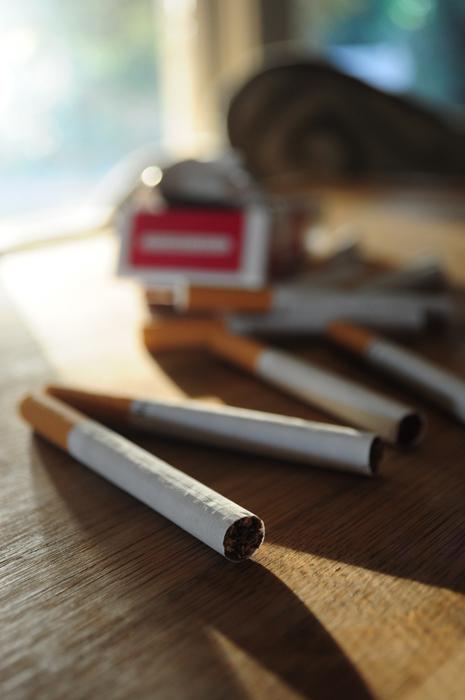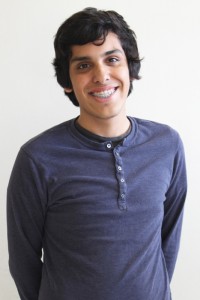Led by a desire to make the air around Downey safe and clean for future generations, the Downey Fresh Air Coalition (FAC) is tirelessly working towards banning smoking in public parks by the end of 2012. The FAC is a youth and adult advocacy group aimed at banning smoking in parks and other public areas in an effort to make city spaces accessible to all without the threat of second hand smoke.
The most pressing reason for change is the fact that little to no laws respect or create any protection for people—especially children—who choose to be in public parks. Shockingly enough, Downey was given a grade of F on its anti-smoke laws by the LA Department of Public Health. The group cites the negative consequences of second hand smoke as a prime reason why their movement must pass.
“We’re doing this for the public. What we do here will ultimately affect us all,” John Fernandez, an intern for the organization, states.
The severity of the coalition, however, has not been recognized by the large populous of Downey. According to Fernandez, a large portion of the city is still unaware of their doings. This in turn affects their pull on City Hall; without the backing of the people, the passage of any law diminishes. The committee works hard at spreading the word, doing so by word of mouth and through flyers.
While the success of the coalition’s goals hinges on the support of the people, the group has gained hope through the successful persuasion of council member Fernando Vazquez.
“His support was unexpected,” Fernandez stated. “We were unaware that the LA Health Department contacted Vazquez and helped persuade him.”
While Vazquez adamantly backs the organization, other council members are still wary of their position. The stiffest opposition comes from republican members, most notably Mario Guerra. The mayor himself has yet to firmly place himself for or against the committee.
For now, the FAC is making headway by bypassing certain legislation procedures and is to be voted on some time soon.
“The bill will pass if three council members vote for it,” Rebekah Jin, another intern, said.
The passage of anti-smoking laws is dependent upon the involvement of students and adults and the persuasion of the council members. For the coalition, they are hopeful that they can reach enough people in the time they have.
The FAC began in July of 2011 and made swift progress by getting passionate student interns to join their cause. They have sponsored many park clean ups, picking up discarded cigarette butts. They have also held puppet shows for small children to educate them about the dangers of smoking.
Currently, the coalition spends most of its time planning ways to educate the people about their cause. They hope to recruit more members and get the remaining three votes needed to achieve success.
For intern Minji Kim, smoking is a reckless act that harms both the smoker and those around him.
“Smoking is a very bad habit,” Kim says. “Some people don’t take into consideration the fact that a child might be in the same park inhaling toxic air.”
The fight to end the harmful effects of secondhand smoke was the prime force making her fight for such legislation.
“I actually have gained a lot from my time in the Downey FAC,” Kim said, “I learned all about how a law is passed and how to make change; people always talk about making a change, but I’m actually trying to make one.”
Kim was not the only person who gained something valuable from their time in the committee. Jin grounded her public speaking skills and gained a confidence in herself.
If the legislation passes, Downey will be among one of the 40 neighboring communities that have active legislation against public smoking. Not necessarily against smoking in general, the group believes that public spaces should be healthy, harm-free places that are available to all.




